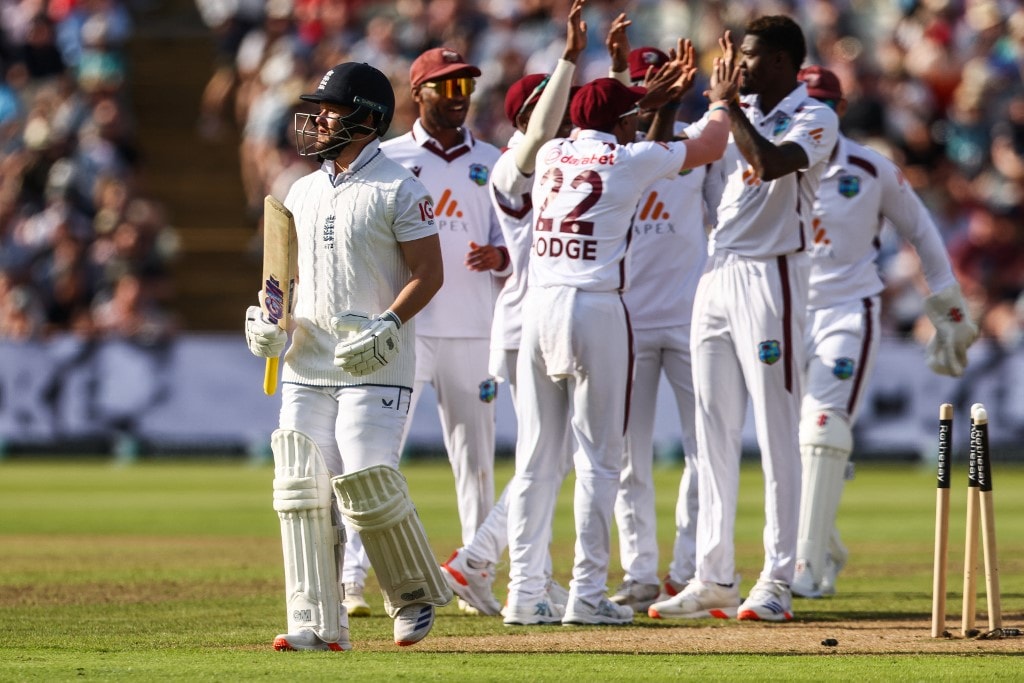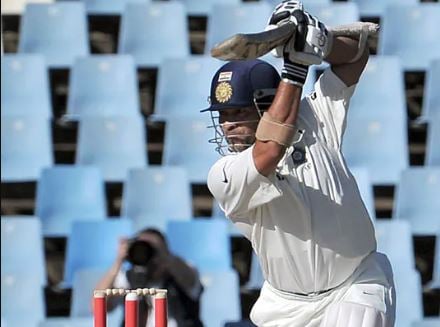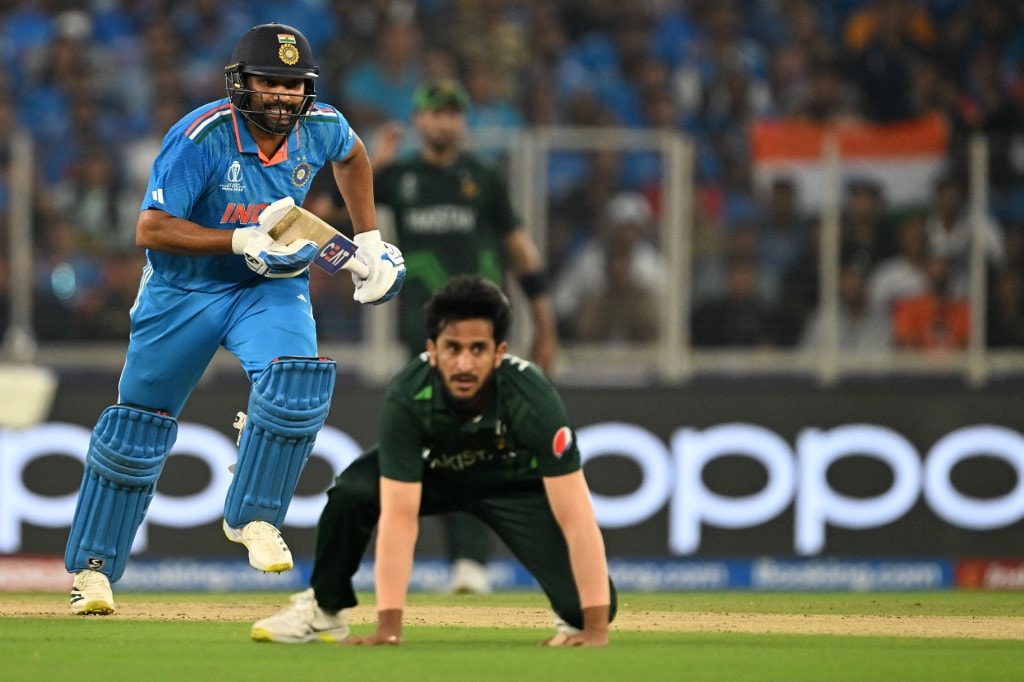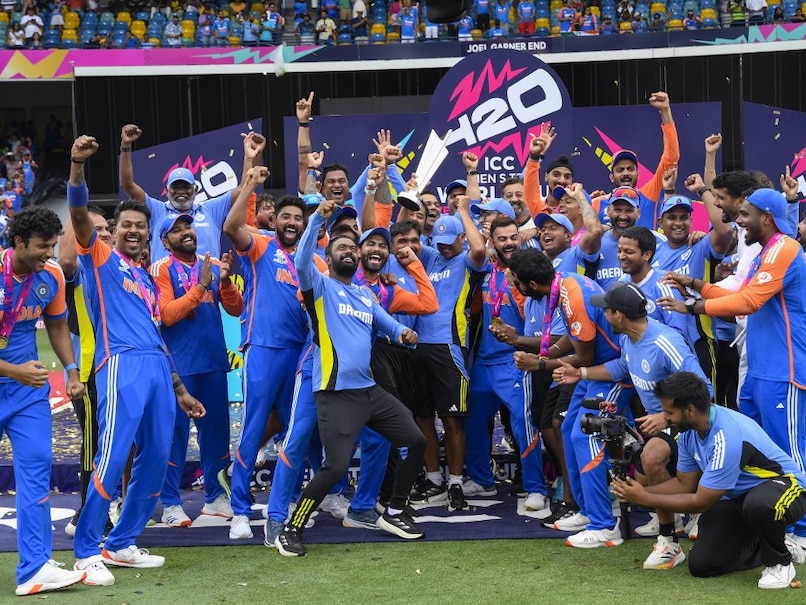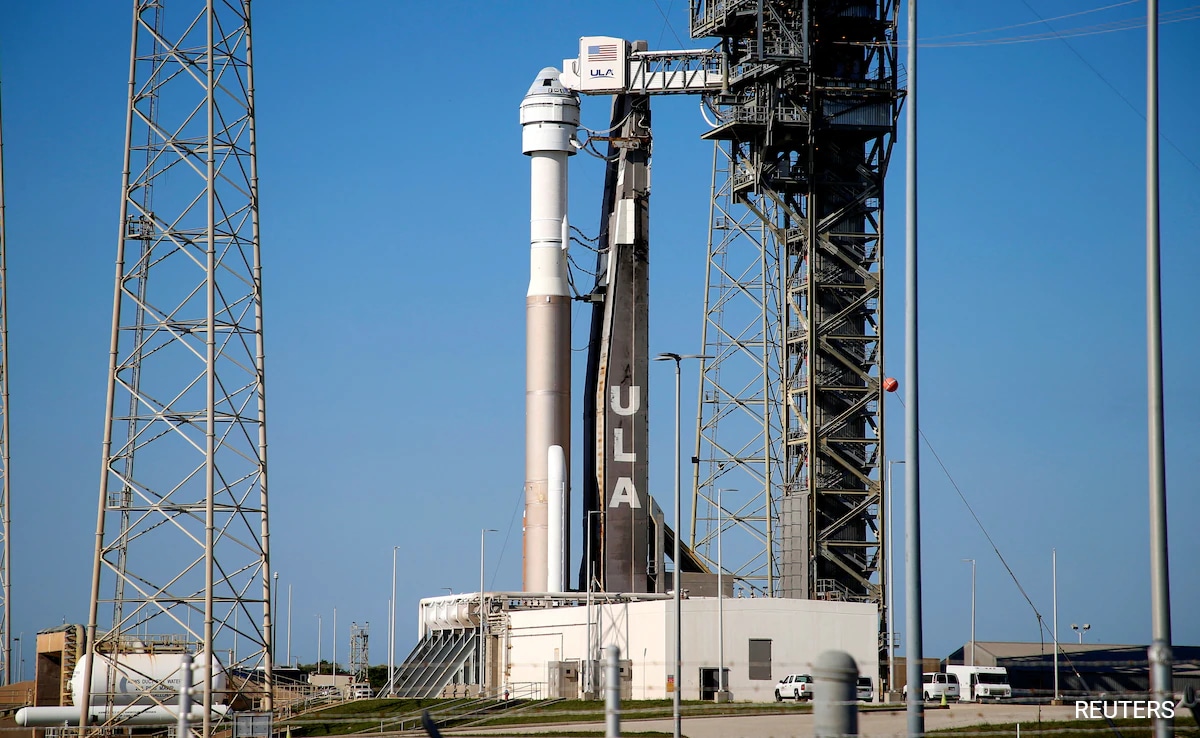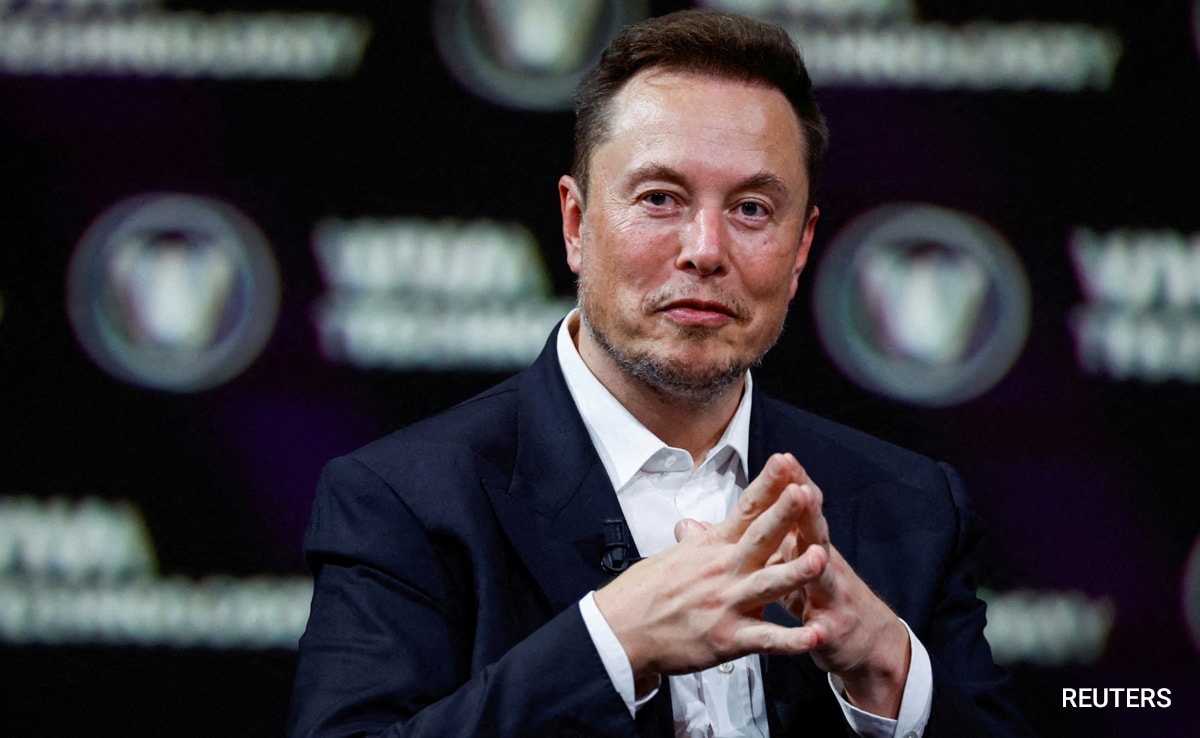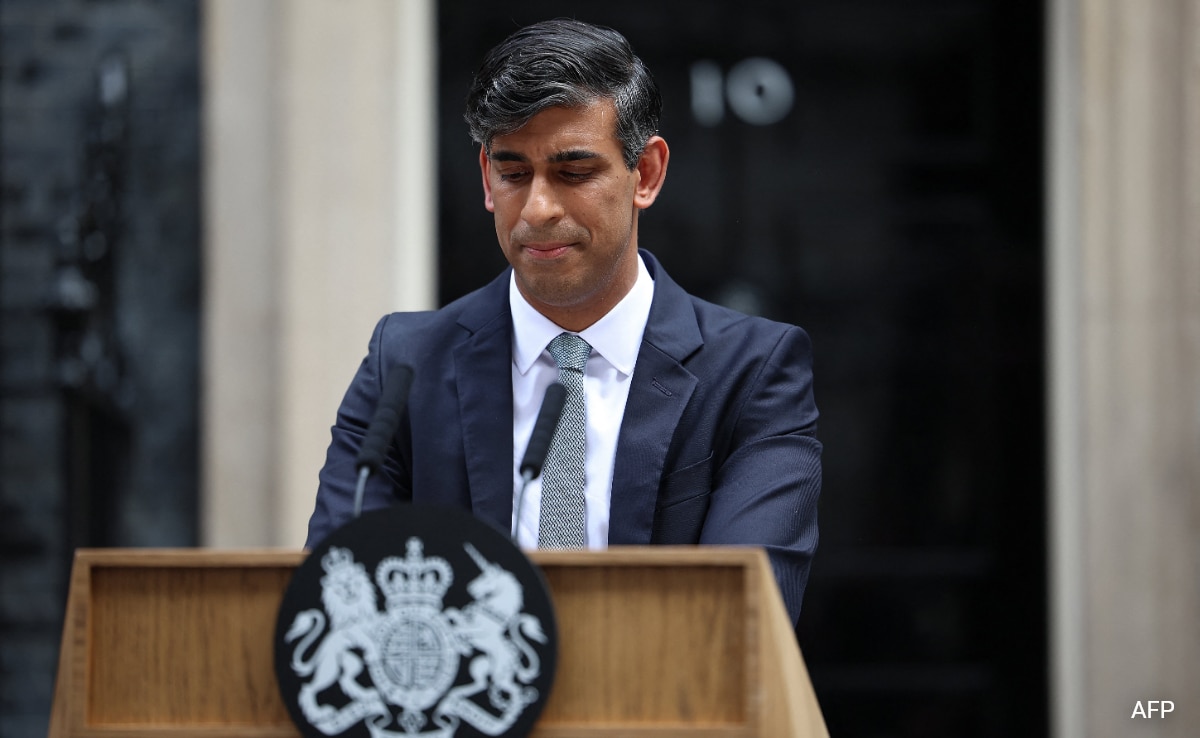Karthick Ramakrishnan, founder and executive director of AAPI Data, an organisation that studies the political attitudes of Asian American communities in the U.S., spoke to The Hindu on Kamala Harris’s run for the White House. In this conversation, he discusses Ms. Harris’s prospects including with Indian Americans. He also discusses the impact of another Indian American – Usha Vance, wife of Republican vice-presidential candidate J.D. Vance – on the peripheries of the race.
On the 8% drop in support for Joe Biden in the 2024 Asian American Survey, a survey run by AAPI Data, APIAVOTE and other organisations
…What we saw was a drop in support for Joe Biden among Asian Americans -that’s the eight percentage point drop. Among Indian Americans, it’s almost a 20% drop. So it’s even more dramatic among Indian Americans. What is important to note, though, is that Donald Trump doesn’t gain much from that decline. How is that possible? Well, you have a big increase in the proportion saying ‘I’m going to vote for some other candidate’ or ‘ I don’t know’, or ‘I won’t answer that question’.
The the way I interpret it, as a political scientist , is [ these are ] people who are very dissatisfied with their choice between Biden and Trump. So will we expect Harris to perform the same? I think she’ll perform better. I think a fair number those who are saying I’m going to vote for some of other candidate, she can probably win some of those votes, and the high proportion that say don’t know or refuse to answer, she’ll probably grab most of those votes, as well.
There are examples we can look at from 2019 and 2020 that give us some clues as to how Kamala Harris will perform. She did not perform as well when she was running for president, because she was not well known outside of California. And so even though there was a fair amount of curiosity – and even pride – among Indian Americans, the people who were dominating the news headlines in 2019 were people like Bernie Sanders, people like Elizabeth Warren, and people like Pete Buttigieg and then Joe Biden. So, it was really difficult for Harris to break through. One of the reasons why she dropped out in 2019 was that Bernie Sanders was doing better in California than she was. And she’s a senator from California. So that was a big part of that calculation.
But once she got chosen for the vice presidential nomination, you saw this big spike in interest among Asian Americans, but particularly Indian Americans. In terms of what you saw on social media, what you saw on commentary, and at least impressionistically what we gathered from campaign finance data.
The impact of the Kamala Harris candidacy on Indian Americans who have moved towards Trump.
I think it’s important to note that Ms. Harris’s entering into the fray introduces a new dynamic that will create its own set of disruptions in terms of the vote choice and political allegiances of Indian Americans. What we saw in October 2023 (AAPI Data -AP- NORC Survey) was that Harris’s favourability was on par with Biden’s. It makes sense; she is seen as part of the Biden-Harris administration. And so she did not perform that much better among Indian Americans or among Asian Americans more generally than Biden did. That said, she performed a lot better than Donald Trump and a lot better than Nikki Haley and Vivek Ramaswamy.
People were saying how much ethnic pride may influence where Indian Americans go this year. When it comes to people who identify as Democrat or Republican, it’s really hard to vote across party lines, even when it’s your compatriot running on the other side. And so that’s what that evidence shows: even if there might have been some curiosity, Haley did well among Indian Republicans, she did not do well among Indian Independents, or among Indian Democrats. And the same was true for Ramaswamy. He did even worse among Indian Americans in general, and certainly among Indian American Democrats and Independents. So, without all of that in play, it’ll be interesting to watch how much Harris will try to project a new direction, and how much he will run on the record of the Biden-Harris administration. It’s actually something that vice presidents, if they run for the presidency, have to navigate.
She can pick and choose the progressive side for those audiences that care about that. But she can pick the more centrist sides from her time as Attorney General [ of California] from her time as a district attorney [of San Franciso] .
One issue that will roar to the front now is abortion and reproductive rights. And on that issue, Indian Americans and Asian Americans are among the strongest supporters of abortion rights. She brings credibility to that issue and prominence to that issue in ways that Joe Biden could never have brought to the table.
The economy is the major reason why they [Indian Americans] soured on on Biden, Harris inherits a good amount of that. But I think she has the chance to say I would do things differently. But she also has the ability to raise the visibility of issues like abortion, like climate change, and gun control. These are all issues in which Indian Americans are much closer to her than they are to Trump and [ his running mate J D] Vance.
Immigration is another potential reset opportunity. Everyone is going to try to portray her role in terms of the border issue and, you know, trying to address the root causes of migration from Central America. I think she has the ability to recast the issue as one that also involves family visas, long visa wait times, and the Republican Party’s plans, especially if you look at Project 2025 to dramatically scale back migration. So these are all issues that I think that that she could bring to the table that scrambled the calculations of the Trump campaign and of Indian American voters as well.
How are Republicans going to compete for Indian American and Asian American votes given their hardline positions on immigration?
This is a big challenge of the Republican Party has faced over the last two decades, and it’s gotten worse under Trump. So even if Indian Americans might give the Republican Party credit on issues like the economy and maybe even on some foreign policy issues, [there are] two major issues that prevent them from going over to the Republican side. One is the rise of Christian conservatism and, now, Christian nationalism. Indian Americans are majority Hindu, and very religiously diverse, even looking beyond Hindus. So that prevents a lot of Indian Americans from feeling welcome, or at home, within the party.
The other major issue is immigration. Indian Americans are the largest group of Asian undocumented or illegal immigrants in the country. To the extent that the community is more and more aware of the complicated nature of immigration, they might have less hard and fast attitudes…
More and more people might know friends of friends who have overstayed their visas. In some of those [cases] illegal immigrants might not just be border crossers, they may be visa overseers, including elders who are taking care of their grandchildren, for example.
…[ Donald Trump] has to manage a lot of mixed opinion and a lot of strong anti-immigrant opinion within the party. And it becomes more challenging for him to do something independently that could increase legal immigration. There’s a lot of opposition even to legal immigration, by the likes of [ former White House Senior Advisor] Stephen Miller and [ Breitbart founder and former Chief White House strategist] Steven Bannon, and many other conservatives in the Republican Party.
How loyal are U.S. voters to political parties ?
The important thing to note in the Indian American context is that you have an existing base of voters who have voted for two or three elections or even more. And what political science research says is that if you voted for someone from the same party, for two or three elections, it is very unlikely that you’re going to change your mind. Even if you don’t call yourself a member of that party, you have those habits ingrained in you and your attitudes tend to align with that party.
Now, there are people who have been independent throughout and those people are more persuadable. But the big missing piece of this is the number of new voters coming in and those who are newly naturalised as well as people who are born in this country who have become voting age since 2020. That’s where you’re going to more likely see persuasion making a difference.
On the impact that Usha Vance, the Indian-origin spouse of Republican Vice Presidential candidate, will have on Indian American votes.
It’s remarkable that Indian Americans who are among the various large immigrant groups most recently arrived in the United States, are doing as well as they are politically. The Japanese American population, the Chinese American population, and even the Latino population, which has been here for centuries, if not decades, do not have representation on the two major party tickets the way Indian Americans do. And so why is that?
Immigrants who come from robust democracies are more likely to be engaged in politics than immigrants who come from Communist countries or other repressive regimes. High English proficiency, is a factor too. So, while it might be surprising for a lot of people, it is not unusual to see Indian Americans getting into leadership positions as quickly as they do. Now Usha’s story is a different story. That’s another part of the Indian American story – people doing very well, when it comes to elite education in the United States, and also in terms of elite professionals in the United States.
Now, she [ Usha Vance] has largely not been political herself. And so that, I think, will be a big question in terms of how much will she actually convert Indian Americans over to the Republican side. She was a registered Democrat until less than a decade ago.
I think what she did, and will continue to do, is to humanize and soften the image of J.D. Vance and maybe try to soften the policies of the Republican Party when it comes to issues like immigration [and] abortion. But there’s not much that the spouses of vice-presidential candidates do. It’s a big question of how much vice presidential candidates themselves do; usually, the focus is on the top of the ticket. When you get to talking about the spouse of a vice presidential candidate, the effects are marginal at best.

